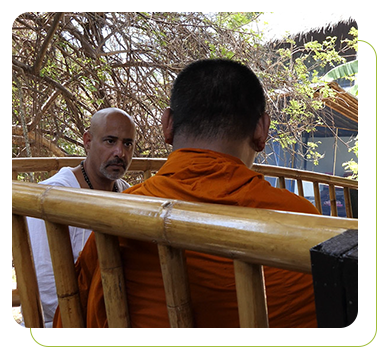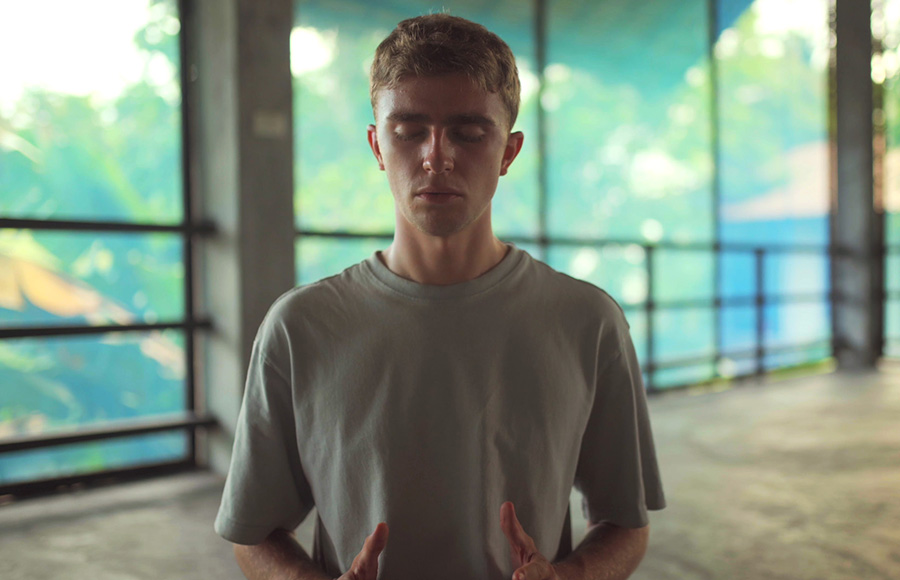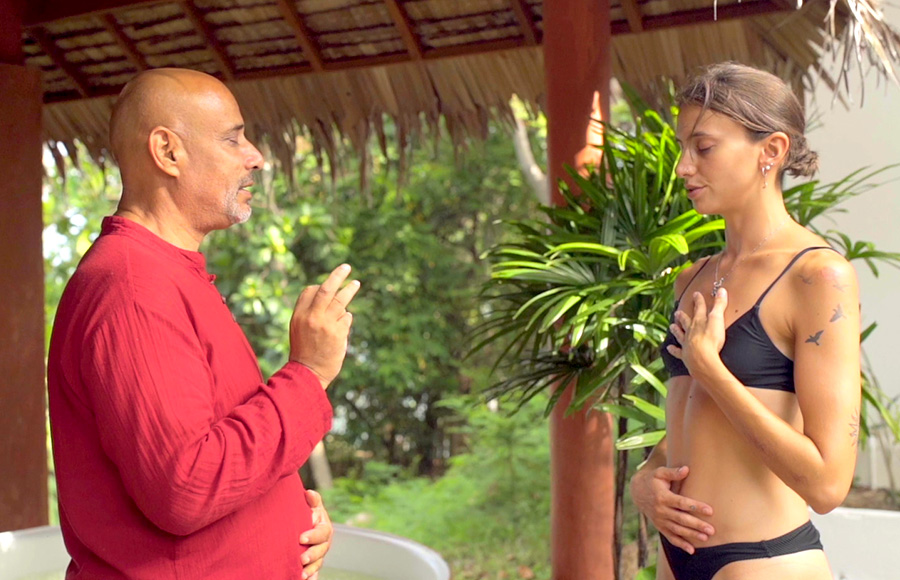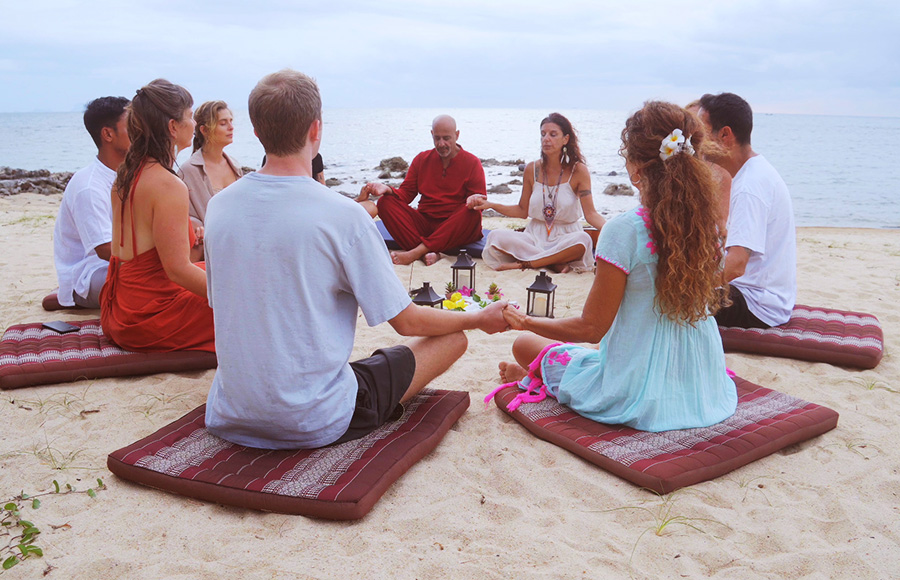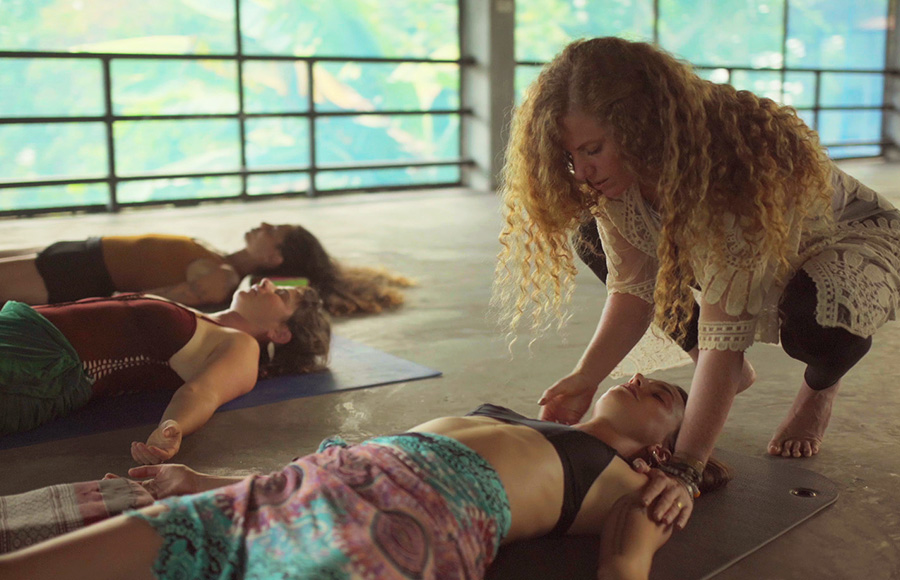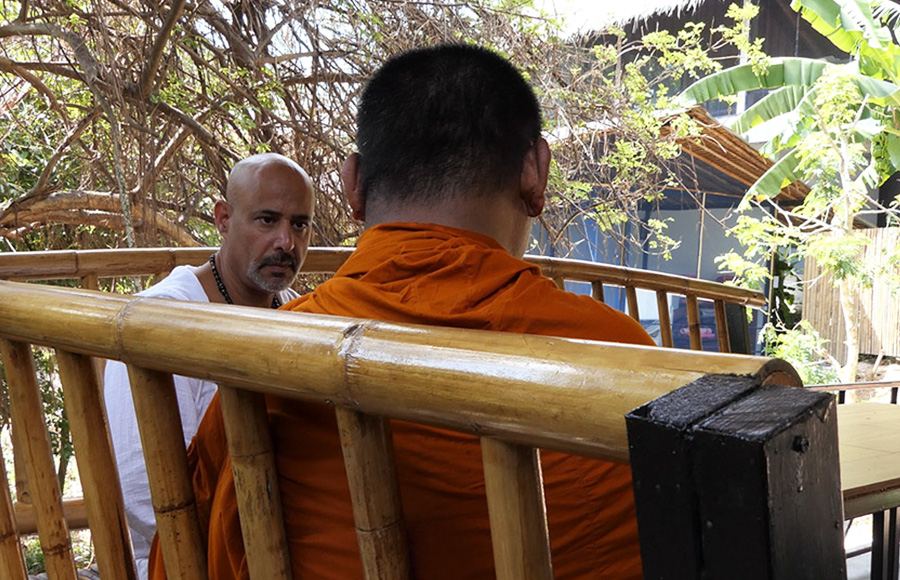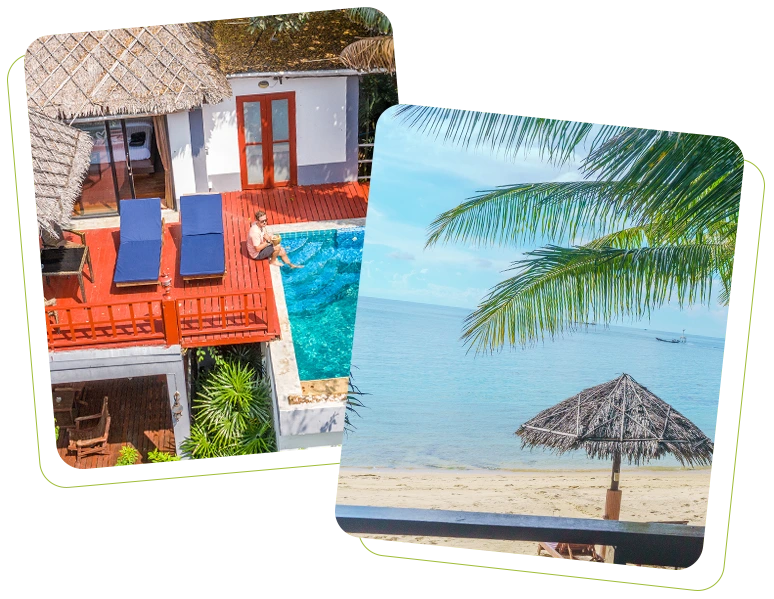Neurodivergence-Friendly Rehab: Inclusive Addiction Recovery in Thailand
05 min read

Why Neurodivergence-Friendly Rehab Matters for Addiction Recovery
Addiction recovery is not one-size-fits-all. For people who are neurodivergent — whether autistic, living with ADHD, dyslexia, dyspraxia, or sensory processing differences — traditional rehab environments can often feel overwhelming, unsafe, or ineffective.
Research shows that neurodivergent individuals experience higher rates of trauma, anxiety, depression, and substance misuse compared to their neurotypical peers. Without inclusive and trauma-informed care, many face misdiagnosis, disengagement from services, or even retraumatization.
At Holina Rehab in Koh Phangan, Thailand, we believe recovery must be inclusive. By offering a neurodivergence-friendly, trauma-informed approach, we help clients heal not just from addiction but also from the stigma and exclusion they may have faced throughout their lives.

Understanding Neurodivergence and Addiction
The term neurodivergence describes natural variations in the human brain and nervous system. This includes autism, ADHD, dyslexia, dyspraxia, and other cognitive and sensory differences.
Why Neurodivergent Clients Face Higher Addiction Risks
Autistic adults are up to 4x more likely to be diagnosed with PTSD than neurotypical adults.
ADHD is strongly linked with impulsivity, emotional dysregulation, and substance misuse.
Bullying, exclusion, and trauma are more common among neurodivergent populations, contributing to increased risk.
Co-occurring conditions like anxiety and depression affect up to 70% of autistic individuals, making substance use a common coping mechanism.
These realities highlight why addiction treatment must be adapted to neurodivergent needs.
Why Traditional Rehab Models Often Fail
Conventional rehab programs may unintentionally exclude neurodivergent clients through:
Rigid schedules that don’t allow for flexible processing.
Sensory-unfriendly environments (bright lights, loud group settings).
Communication styles that assume neurotypical processing.
Staff training gaps that miss signs of masking, burnout, or co-occurring trauma.
Without adjustments, neurodivergent clients may disengage, relapse, or feel misunderstood.

Holina Rehab’s Neurodivergence-Friendly Approach
1. Trauma-Informed, Person-Centered Care
We view each client as an individual, not a diagnosis. Our therapists work collaboratively, adapting therapies to meet specific sensory, communication, and emotional needs.
2. Sensory-Friendly Spaces
Our beachfront resort includes quiet rooms, low-light areas, and natural settings where clients can feel safe, grounded, and calm.
3. Specialist Staff Training
Holina’s team receives ongoing training in:
Neurodiversity-affirming practices
Adapting therapy for autism and ADHD
Recognizing trauma in neurodivergent clients
Providing flexible communication options (visual tools, written processing, pacing therapy to the client’s rhythm)
4. Inclusive Holistic Therapies
Yoga & mindfulness adapted for sensory sensitivities
Water therapies (Integrative Water Therapy, Aqua Tuning) unique to Holina, supporting deep somatic release
Art, sound, and movement therapies that encourage non-verbal expression and emotional regulation
5. Building Belonging and Community
Neurodivergent clients often feel misunderstood in mainstream settings. At Holina, we foster community where differences are celebrated, not pathologized. This sense of belonging is essential for sustainable recovery.

The Rising Demand for Neurodivergence-Friendly Rehab
In the UK, ADHD referrals rose by 20% in 2024 alone, and autism diagnoses are at an all-time high.
Globally, 15–20% of the population is neurodivergent, making inclusive care essential.
Families and individuals are actively searching for “autism-friendly rehab,” “ADHD addiction treatment,” and “trauma-informed rehab”.
By positioning itself as a leader in inclusive rehab, Holina meets this rising demand head-on.
Benefits of Choosing an Inclusive Rehab Program
Better outcomes: Clients feel understood and supported.
Reduced relapse rates: Trauma-informed, ND-friendly care prevents retraumatization.
Improved engagement: Flexible therapy keeps clients involved.
Leadership positioning: Holina becomes a recognized global leader in inclusive rehab.
FAQs About Neurodivergence and Rehab
Q1: Can someone with autism go to rehab?
Yes. Holina offers autism-friendly spaces, adapted therapies, and staff trained in neurodivergent needs.
Q2: How is ADHD treated differently in rehab?
ADHD clients often need structured yet flexible approaches that address impulsivity, focus, and emotional regulation.
Q3: What makes a rehab neurodivergence-friendly?
A program that adapts therapies, communication, and environments to fit the client, rather than forcing conformity.
Q4: Is Holina Rehab licensed?
Yes. Holina is fully licensed by the Thailand Public Health Ministry as both a detox clinic and a residential rehab.
Q5: Does Holina only serve neurodivergent clients?
No. Holina is inclusive of all clients, but has specialized training and therapies for those who are neurodivergent.
Q6: Why is trauma-informed care important?
Trauma and addiction are closely linked, especially among neurodivergent people. Addressing root causes is vital for recovery.
Q7: How long is the program?
Most clients stay 6–12 weeks, with options for extended sober living support.
Conclusion: A Future of Inclusive Healing
Addiction recovery should never depend on fitting into narrow models. By embracing neurodivergence as a natural part of human diversity, Holina Rehab in Thailand is pioneering a new, inclusive approach to recovery.
Every client deserves to feel safe, respected, and empowered. With trauma-informed care, sensory-friendly spaces, and neurodiversity-affirming therapies, Holina ensures that healing is possible for all.
📞 Ready to Begin?
Contact Holina Rehab today to start your healing journey:
Phone: +66 (0) 626 418 369
Email: info@holinarehab.com
Website: www.holinarehab.com
About Me
Ian Young
Ian Young is the Global Manager at Holina Care Centres in Koh Phangan, Thailand. Ian oversees the rehabilitation programs that blend the 12 Step model, Psychology, Counselling, Coaching, Somatic and many other therapeutic engagements, alongside various evidence-based therapies with holistic healing practices. Holina Rehab treats addictions, trauma, anxiety, depression, and other emotional challenges, offering comprehensive care in a serene resort environment. Ian, a charismatic speaker and author of “It’s Not About Me” leveraging his own recovery journey from addiction to inspire and guide others toward a fulfilling, addiction-free life.
Recent Blogs
-
27 Dec, 2025
What Is Somatic Therapy and How Does It Heal Trauma?

















